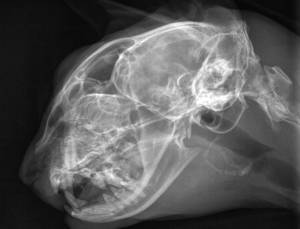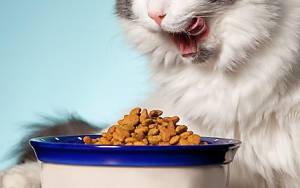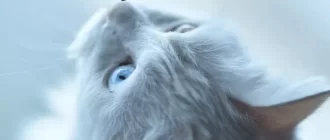When your furry friend undergoes a surgical procedure, you might notice their inclination to purr more frequently post-surgery, causing you to question: Is this normal? What should you do? Fear not! We are here to guide you through this unique post-surgical phenomenon.
Why is My Cat Purring After Surgery?
First and foremost, purring is a natural response in cats to a variety of stimuli. Many cat owners associate this soft, rhythmic sound with comfort and pleasure. But, that’s not all there is to it. Cats also purr when they are stressed or feel discomfort – a possible reason why your cat might be purring after surgery – it’s their innate mechanism to self soothe.

Interestingly, cats also use purring as a healing tool. Studies suggest that the frequencies produced during purring can boost healing and help reduce inflammation. Thus, if your cat is purring after surgery, they might be using this inherent ability to promote their own recovery.
Purring and Pain Perception in Cats
Understanding cats’ pain perception is vital when caring for them post-surgery. Even though your cat might seem to be behaving normally, it’s possible they’re in pain. Cats experience discomfort just like humans do, but they are masters at masking it. Consistent purring after surgery can also be a sign your cat is trying to alleviate discomfort.
Therefore, despite the perceived normalcy, ensure you give your cat their pain-relief medications as prescribed. Emphasizing a complete pain-management plan will ultimately secure their comfort post-surgery.
| Signs your cat might be in pain post-surgery |
|---|
| 1. Panting or heavy breathing |
| 2. Sleeping in the litter box |
| 3. Significant changes in behavior |
How Can You Help Your Cat Post-Surgery?
Prompt communication with your vet is key. Don’t hesitate to ask questions or bring up any concerns you have about the recovery process. If you notice any unusual signs during your cat’s recovery, such as changes in breathing, increased purring, or unusual behavior, immediately contact your veterinarian.
Creating a calm, quiet space, separate from other pets, is another useful step in facilitating your cat’s recovery. This peaceful spot can help ensure they have a good resting place, aiding speedy healing.
Conclusion
No doubt, the bond shared with your feline friend is invaluable. Your understanding of their behavior and body language will undoubtedly help you interpret their purring better. But remember, when it comes to post-operative care, a comprehensive plan and close communication with your veterinarian is always your best bet. Here’s to a quick recovery for your little champ!






